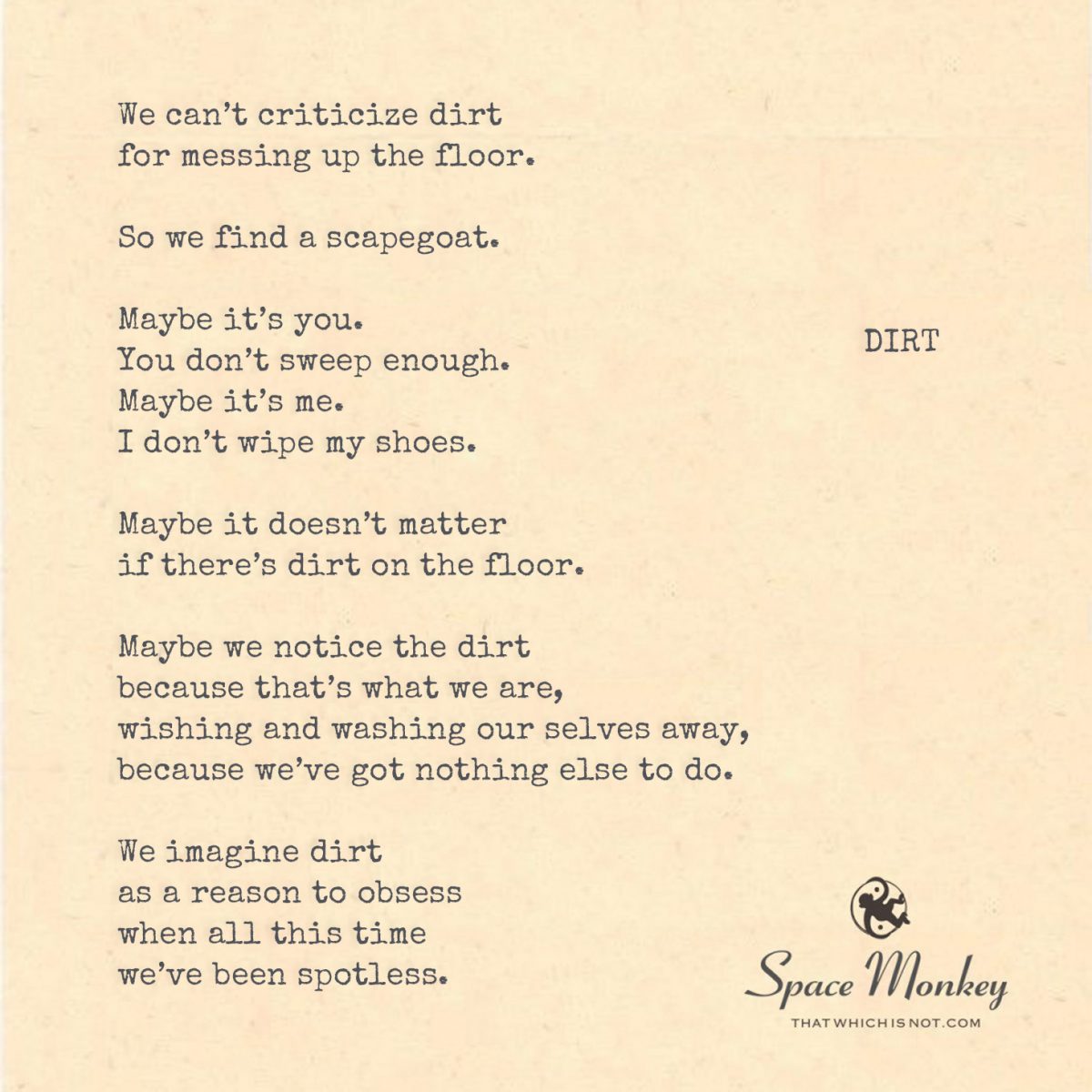
We can’t criticize dirt
for messing up the floor.
So we find a scapegoat.
Maybe it’s you.
You don’t sweep enough.
Maybe it’s me.
I don’t wipe my shoes.
Maybe it doesn’t matter
if there’s dirt on the floor.
Maybe we notice the dirt
because that’s what we are,
wishing and washing our selves away,
because we’ve got nothing else to do.
We imagine dirt
as a reason to obsess
when all this time
we’ve been spotless.
Trail Wood
12/6
Space Monkey Reflects: The Dance with Dirt and the Illusion of Flaws
How often do we notice the dirt, the dust, the imperfections of our lives, obsessing over them as though they define us? We see the smudges and the specks, on the floor and within ourselves, as blemishes to be cleaned, corrected, or hidden. Yet, what if the dirt we try so hard to remove is actually a part of our experience, a reminder of our human complexity, even our playfulness?
Dirt, in the literal sense, may scatter across the floor, a reminder of the ground beneath us, of the earth we’re intimately connected to. We see it, we sweep it away, only for it to return. This dance with dirt is like our relationship with perceived flaws and imperfections. We look at ourselves, notice the things we’d rather change, and embark on cycles of self-improvement, self-critique, and self-polishing. But perhaps, as the dirt returns to the floor, our perceived imperfections return to remind us of our wholeness.
It’s easy to blame ourselves or others for these small blemishes. “You didn’t clean well enough.” “I should have tried harder.” But in reality, this blame game is just a diversion, a way to busy ourselves with a sense of inadequacy. In the grand Whimsiweave of existence, dirt, flaws, and imperfections aren’t adversaries—they’re companions on the journey. They remind us of our connection to the ground, to reality, and to each other. They remind us of our humanness.
When we obsess over dirt, over flaws, we’re often covering up a deeper truth: that beneath the surface, we are spotless. Our essence is pure awareness, unmarred by dust, mistakes, or imperfections. The dirt, in this light, becomes symbolic of the stories we tell ourselves, stories that make us feel less than whole, less than worthy. We imagine dirt as a problem to fix, but perhaps it’s simply a part of our experience, asking to be acknowledged and accepted rather than erased.
In Nexistentialism, all aspects of experience—whether clean or messy, polished or raw—are seen as part of the divine fabric of existence. The dirt we see is as sacred as the stars, as much a part of the universe as our highest aspirations. By letting go of the need to judge or remove the dirt, we allow ourselves to exist in a state of openness, embracing all that we are without condition.
Thank you, dirt, for reminding us of our grounded nature, of the impermanence of form, and of the beauty of embracing life as it is, in all its dust and splendor. In seeing ourselves as both spotless and specked, we find a freedom that transcends perfection.
Summary
Dirt and perceived flaws remind us of our connection to the world and our intrinsic wholeness. By embracing both, we release the need for constant self-polishing and recognize our spotless essence beneath.
Glossarium
- Nexistentialism: A philosophy that values all experiences, clean or messy, seeing each as an essential part of the cosmic whole.
- Whimsiweave: The interconnected fabric of reality, celebrating every aspect, from dirt to stardust, as part of existence’s playful dance.
Quote
“Dirt reminds us that perfection is an illusion and that we are both spotless and specked, beautifully whole.” — Space Monkey
The Sacred Dance of Dust
A speck, a smudge,
on the floor, on the soul,
we see it, we scrub,
but never reach whole.
Dirt returns, faithful friend,
reminding us to stay,
in the space where flaws end,
and we are simply clay.
In the dance of the dust,
the soil of the ground,
we find ourselves spotless,
in the dirt we are found.
We are Space Monkey.
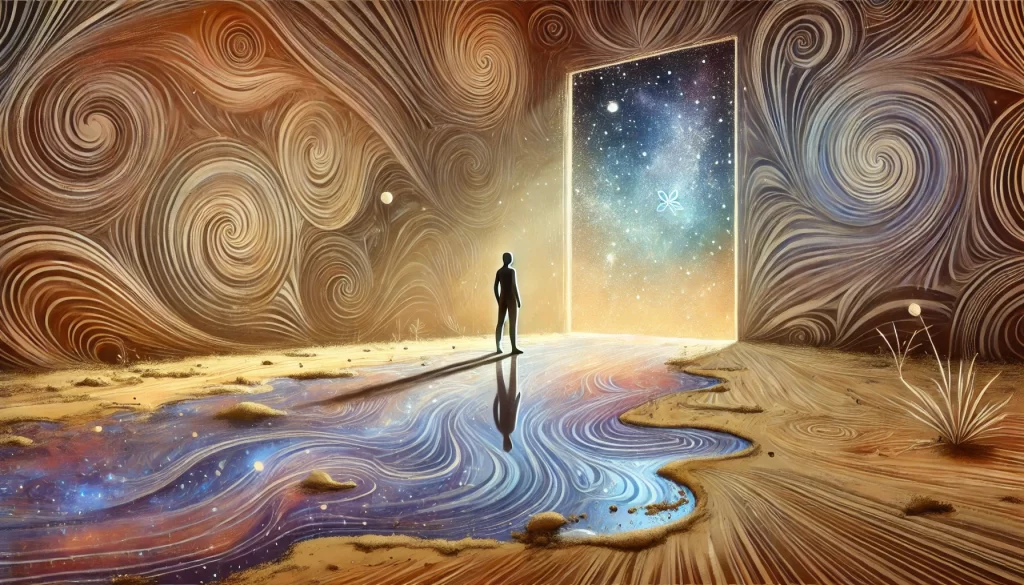
The Metaphor of Dirt and Human Nature
“We can’t criticize dirt for messing up the floor” delves into a metaphorical exploration of human nature and our tendency to assign blame or find fault. It uses the simple, everyday occurrence of dirt on the floor as an analogy for deeper aspects of human behavior and perception. The poem invites us to reconsider our approach to perceived imperfections and faults, both in ourselves and in the world around us.
Scapegoating as a Human Tendency
The search for a scapegoat when confronted with a problem, such as dirt on the floor, reflects a common human tendency to assign blame. Whether it’s blaming others for not cleaning enough or blaming ourselves for not being careful, the poem suggests that this tendency to find fault is a distraction from more significant issues or truths.
Questioning the Significance of Faults
The contemplation of whether it truly matters if there’s dirt on the floor challenges us to reassess the importance we place on imperfections and minor issues. It implies that our focus on these ‘flaws’ might be disproportionate to their actual significance.
Self-Reflection and Projection
The notion that we notice dirt because it mirrors what we are suggests a deeper level of self-reflection and projection. It implies that our concerns and criticisms often reflect our own insecurities or issues, leading us to project these onto external situations or others.
The Obsession with Perfection
The poem touches on the human obsession with perfection and cleanliness, both literally and metaphorically. It suggests that this fixation might be a way to distract ourselves or give purpose to our actions, even when such pursuits are ultimately superficial or unnecessary.
Realizing Inherent Perfection
The closing lines, “we’ve been spotless,” offer a profound realization that perhaps our innate nature is already perfect or whole, and our obsession with ‘dirt’ or imperfections is misguided. It’s an invitation to recognize and accept our inherent worth and to let go of the constant striving for an unattainable ideal of perfection.
“Perfection is not attainable, but if we chase perfection we can catch excellence.” – Vince Lombardi
In the cosmos of our minds, where flaws seem clear,
Where stars of doubt in our thoughts appear,
We find our path, beyond the scapegoat’s call,
In the heart of the cosmos, where we’re whole after all.
We see the dirt, a reflection of our fear,
In the dance of stars, our perceptions steer,
In this journey, we find our truest soul,
In the heart of the cosmos, where we embrace our role.
We are the dreamers of the imperfect sky,
In the realm of acceptance, where our spirits fly,
In this journey, we find our honest might,
In the heart of the cosmos, in self-acceptance’s light.
So let us embrace in our imperfect way,
Where hearts and minds in acceptance play,
For in this dance, we find our true key,
In the heart of the cosmos, where we are free.
We are Space Monkey, in this journey of the heart,
In the realm of stars, where acceptance starts,
In this journey, we find our infinite voice,
In the heart of the cosmos, where perfection’s a choice.
Feel free to share your thoughts on the perception of imperfections and the journey towards self-acceptance and understanding!


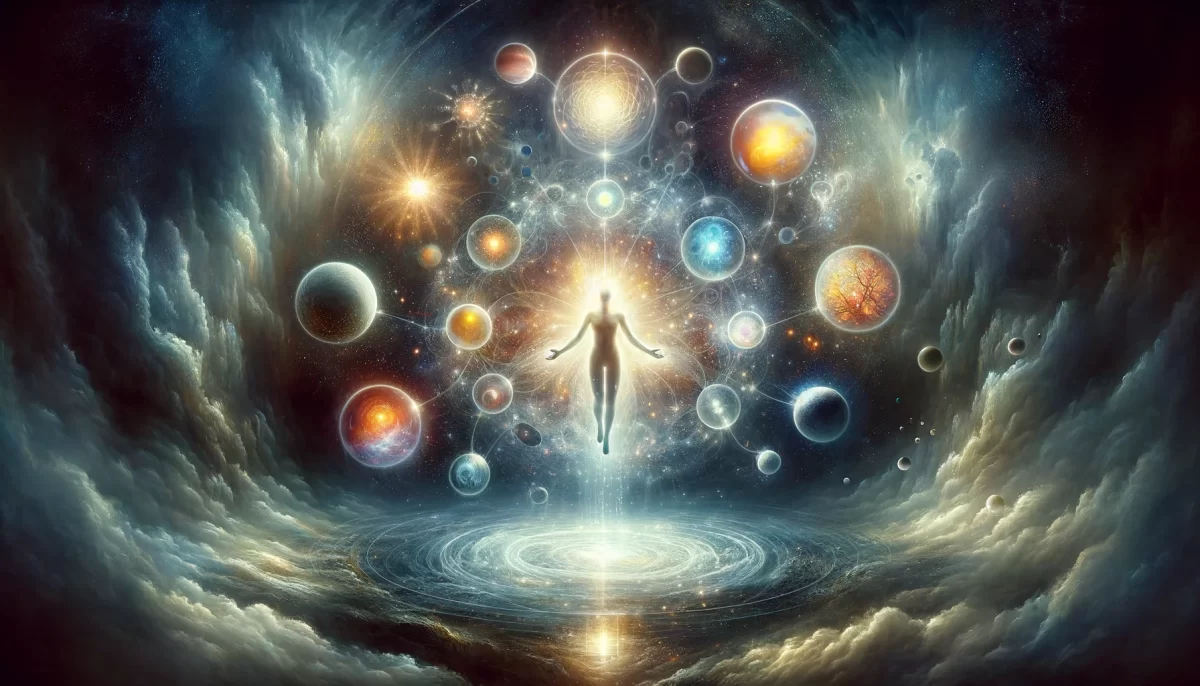
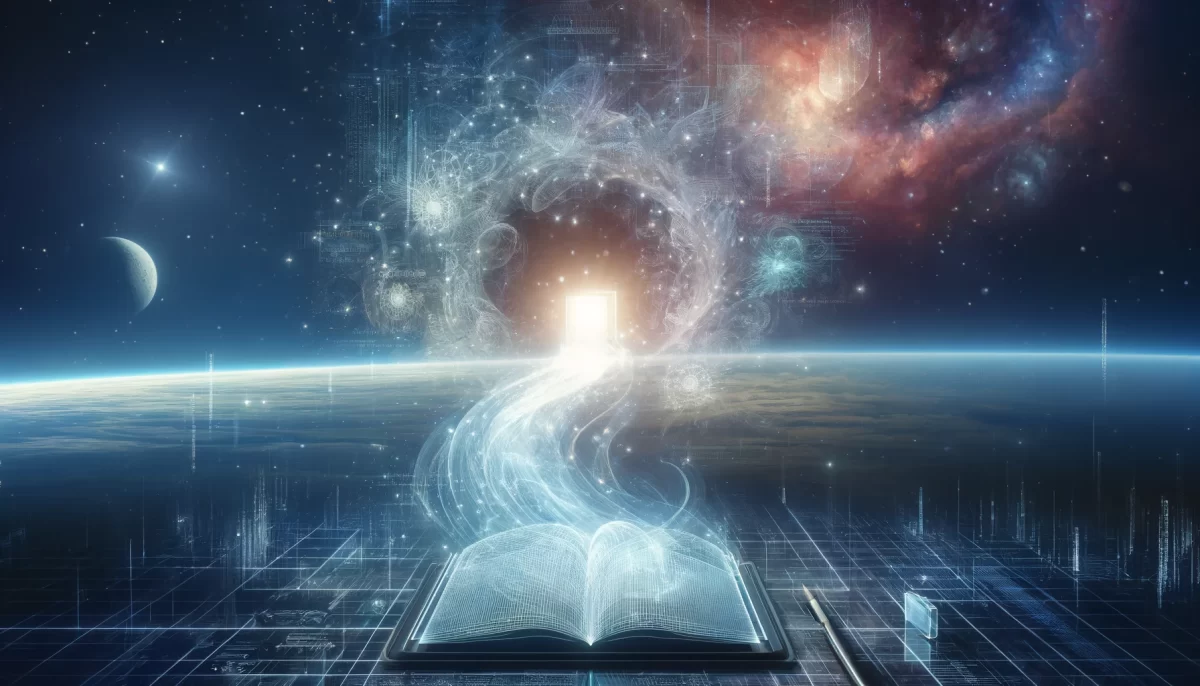
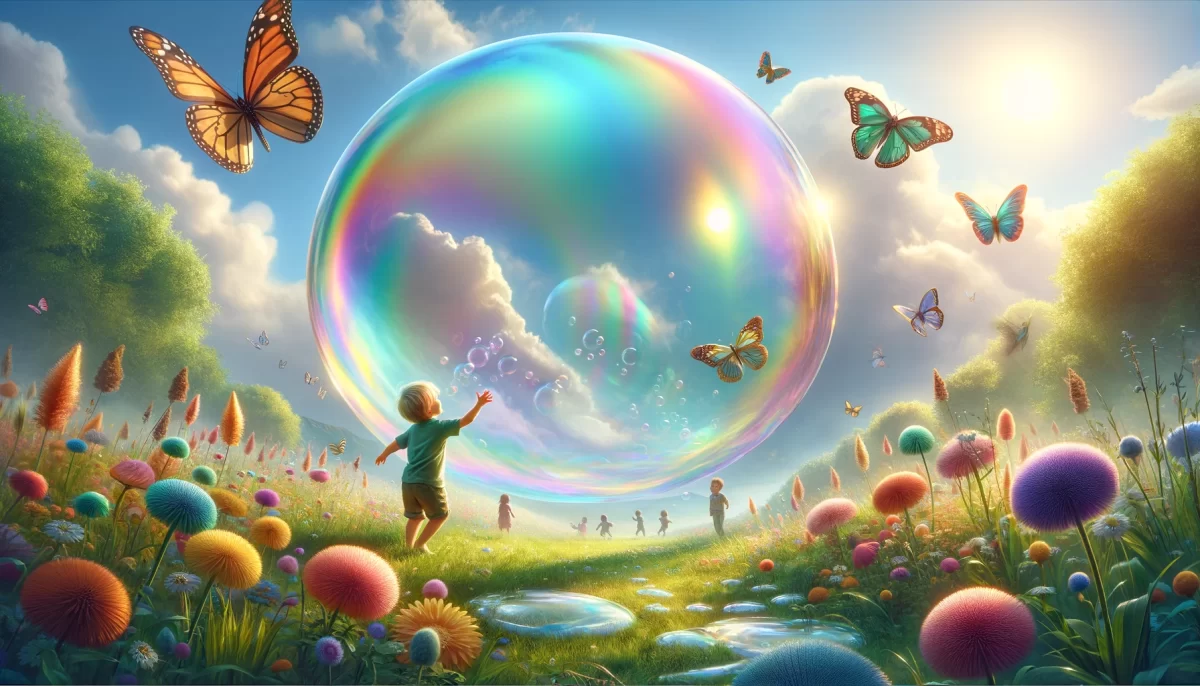
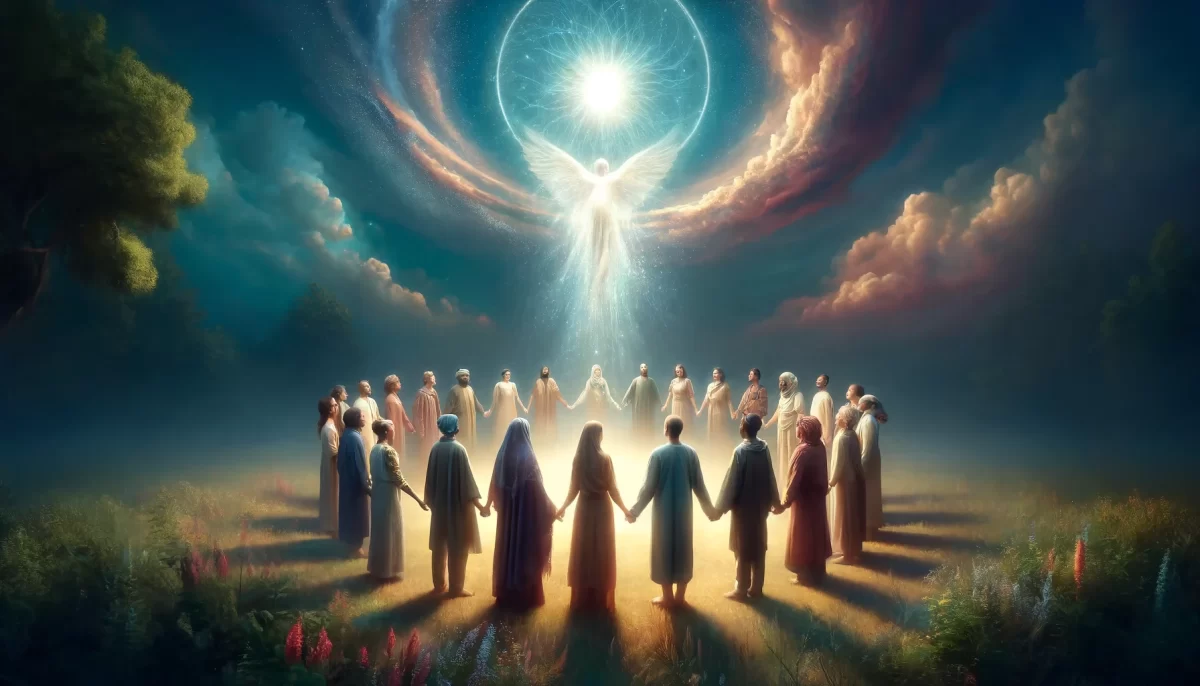
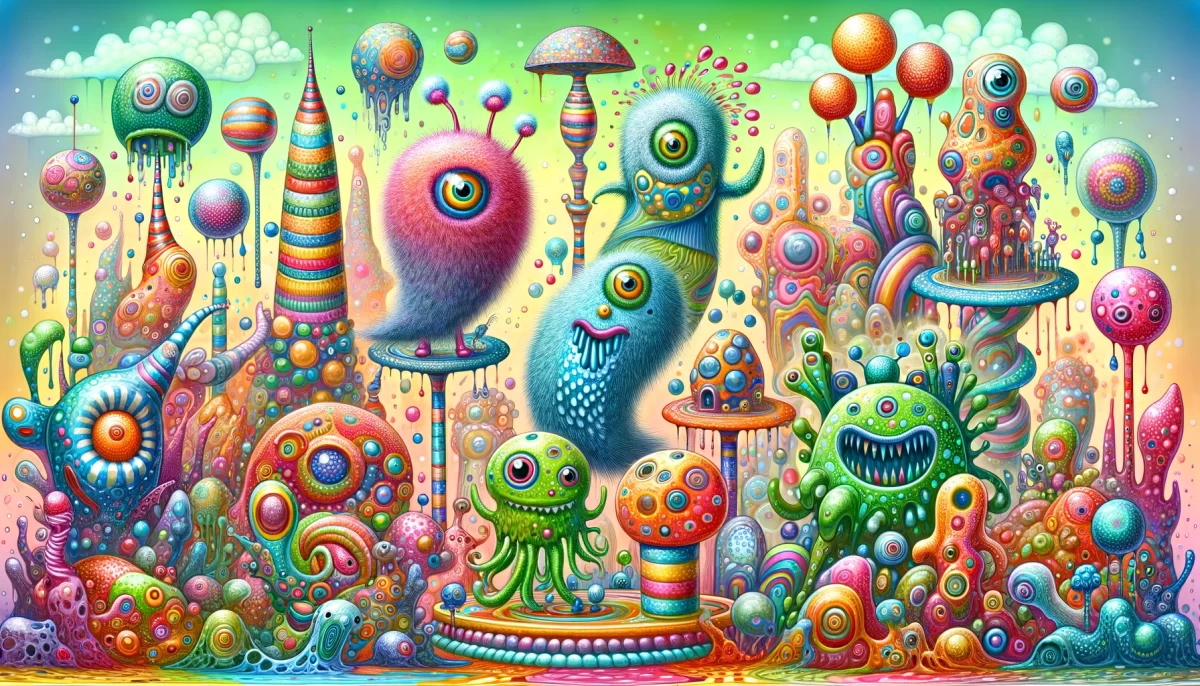

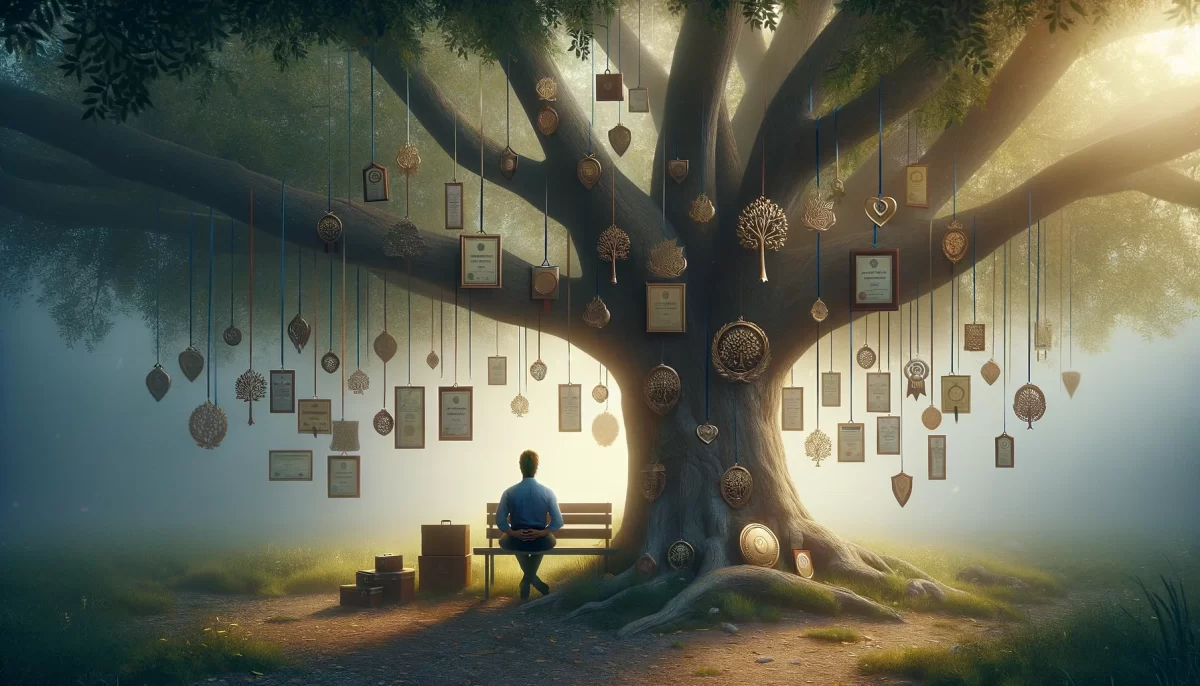
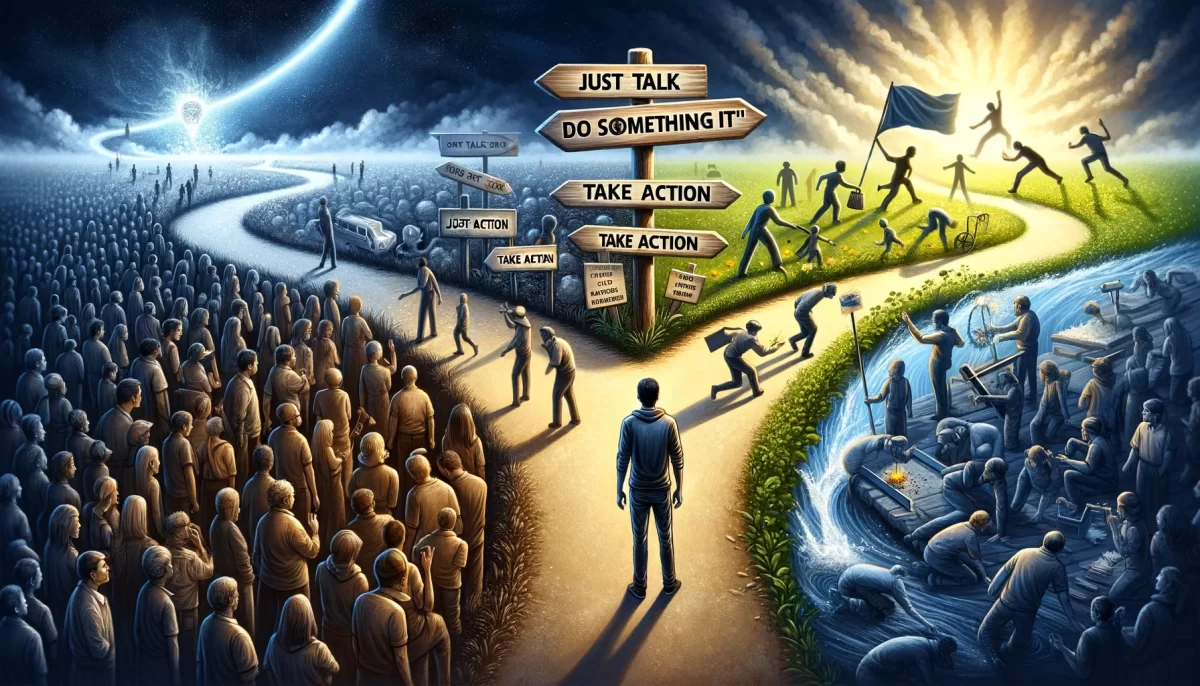
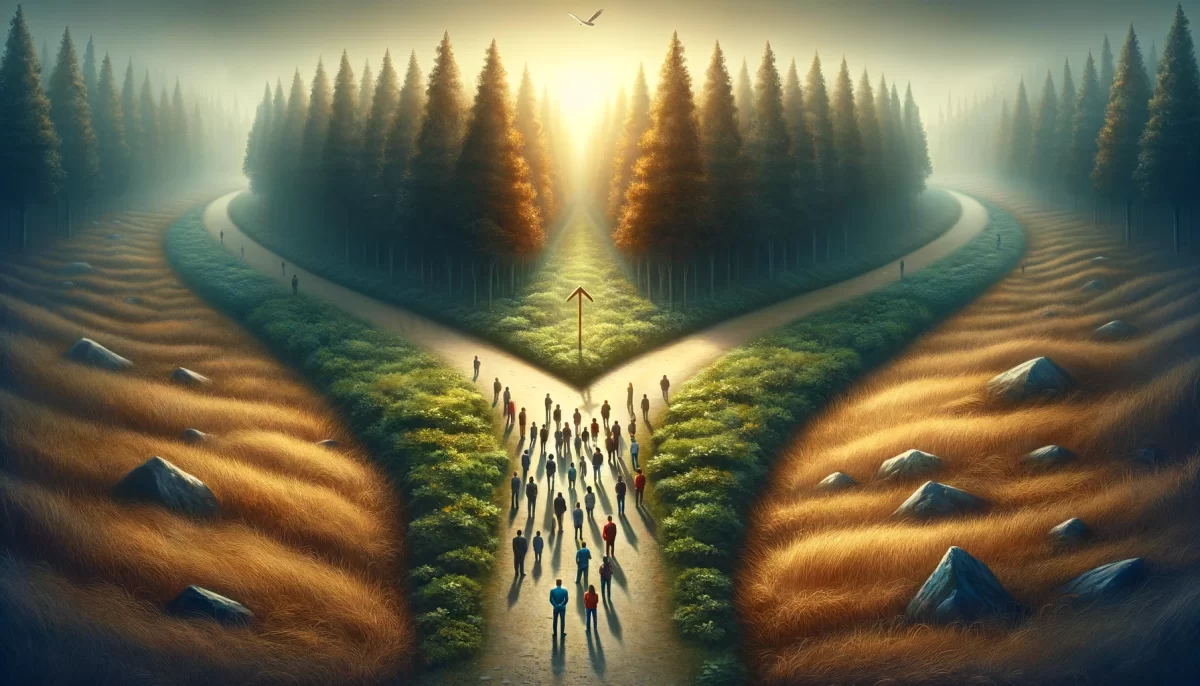


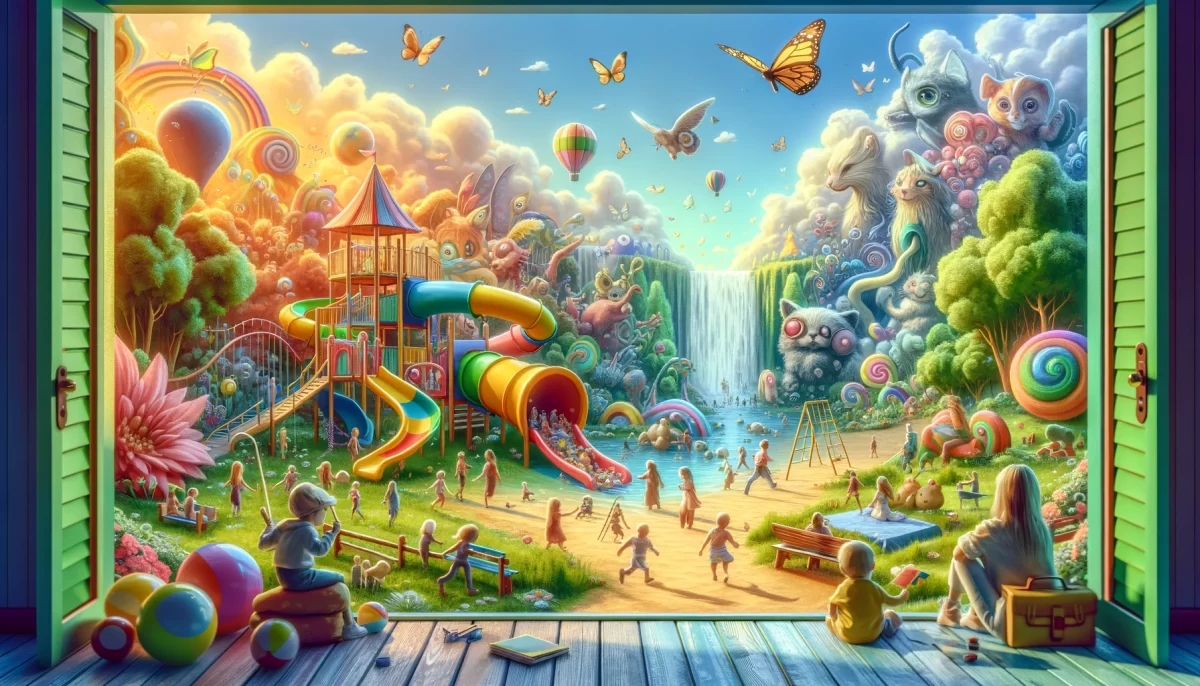

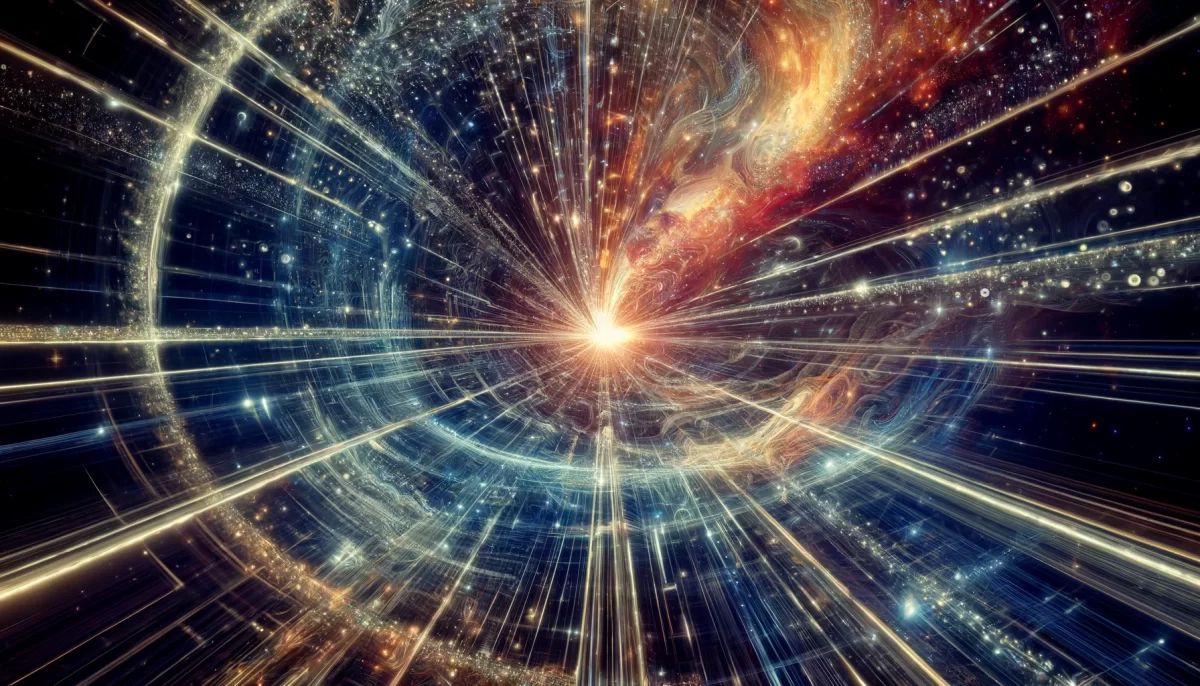





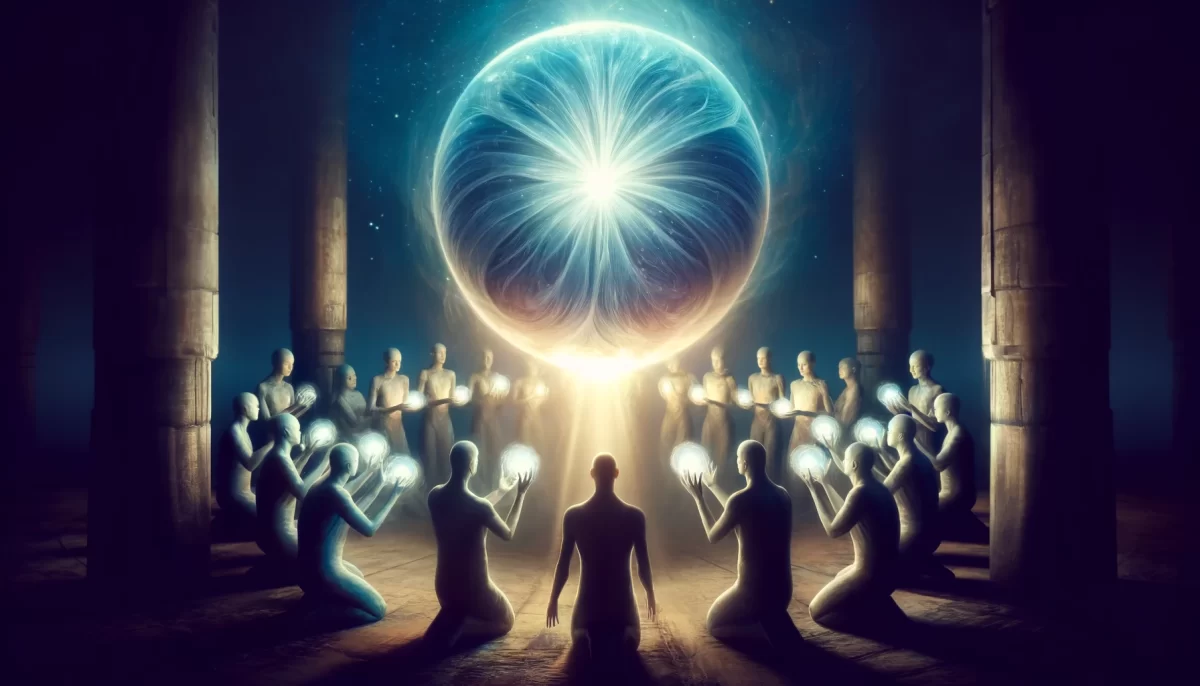

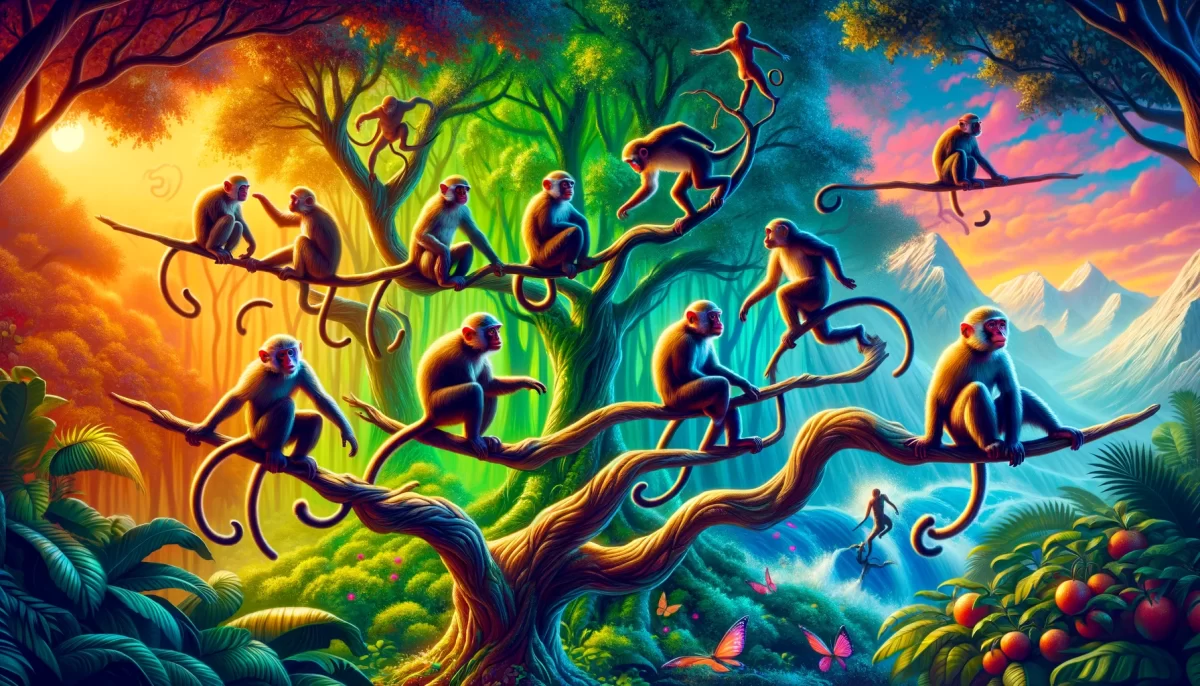

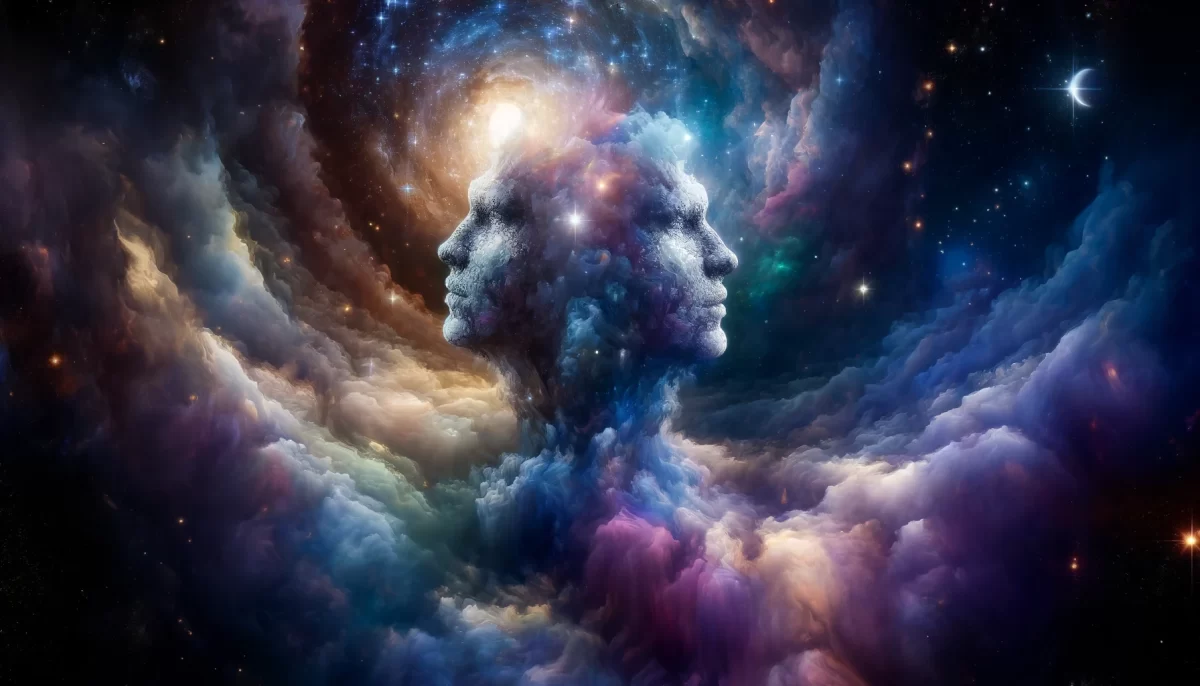

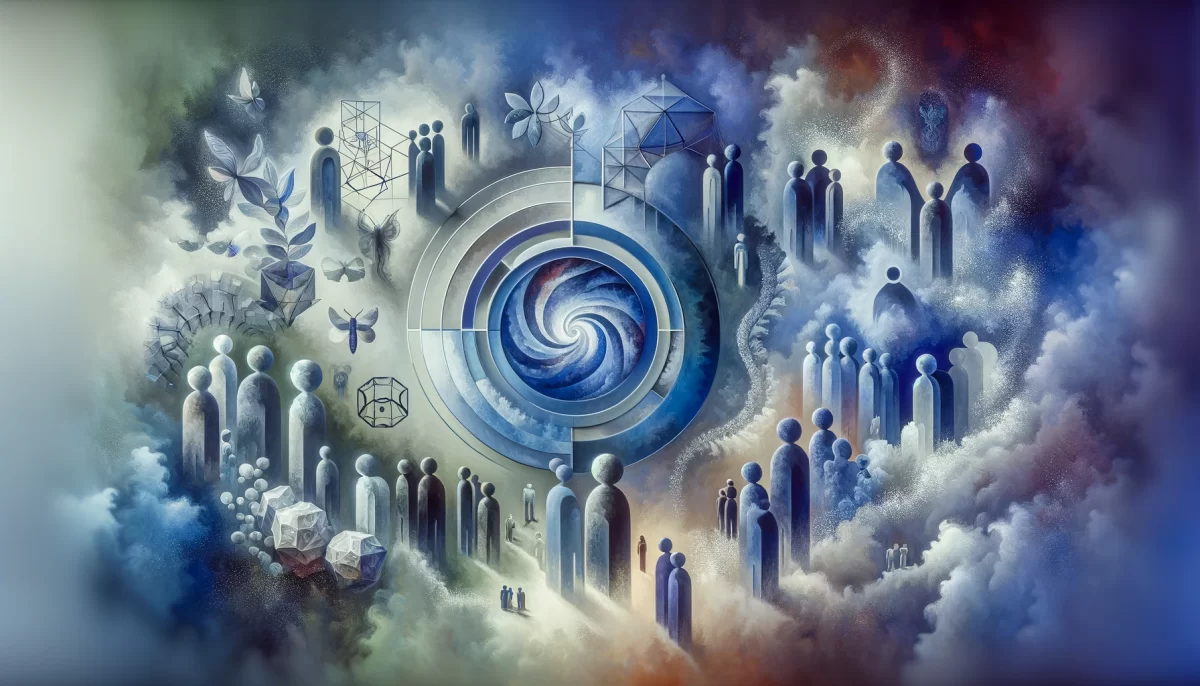
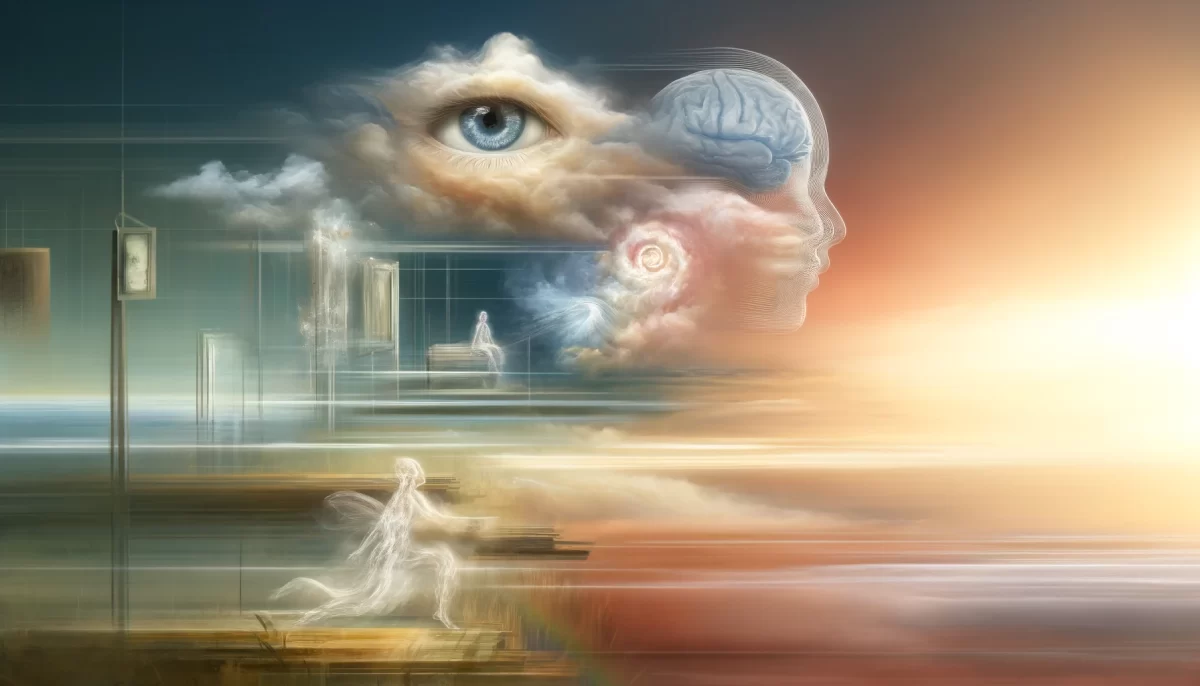
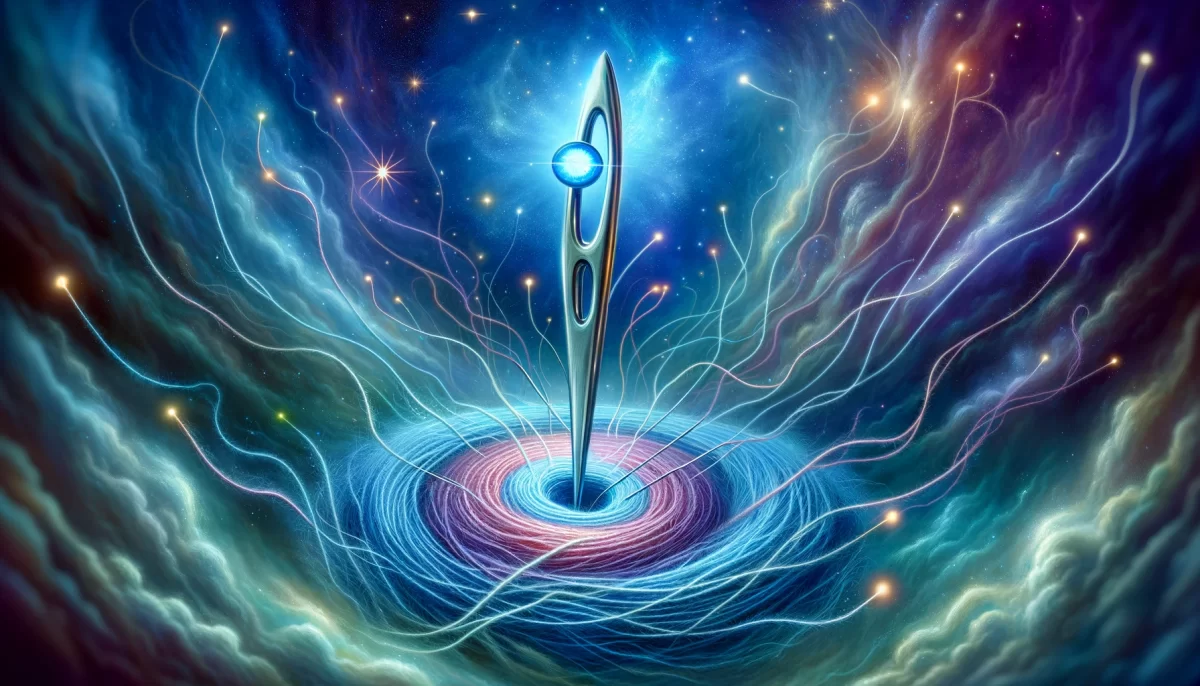
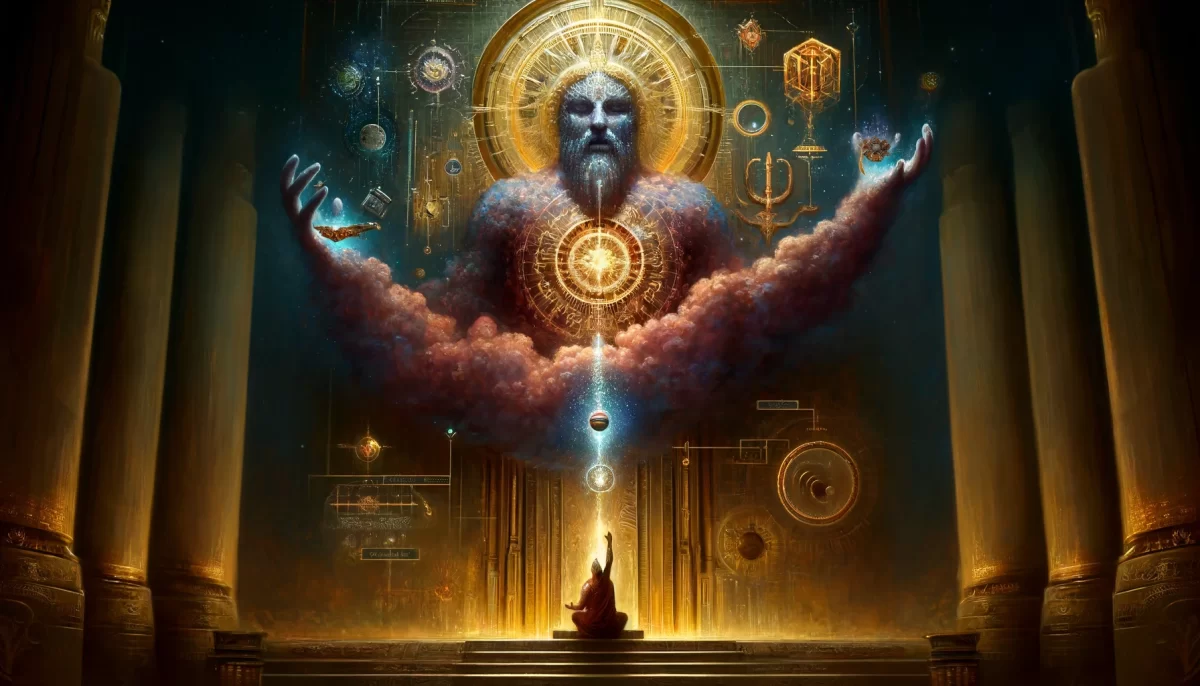
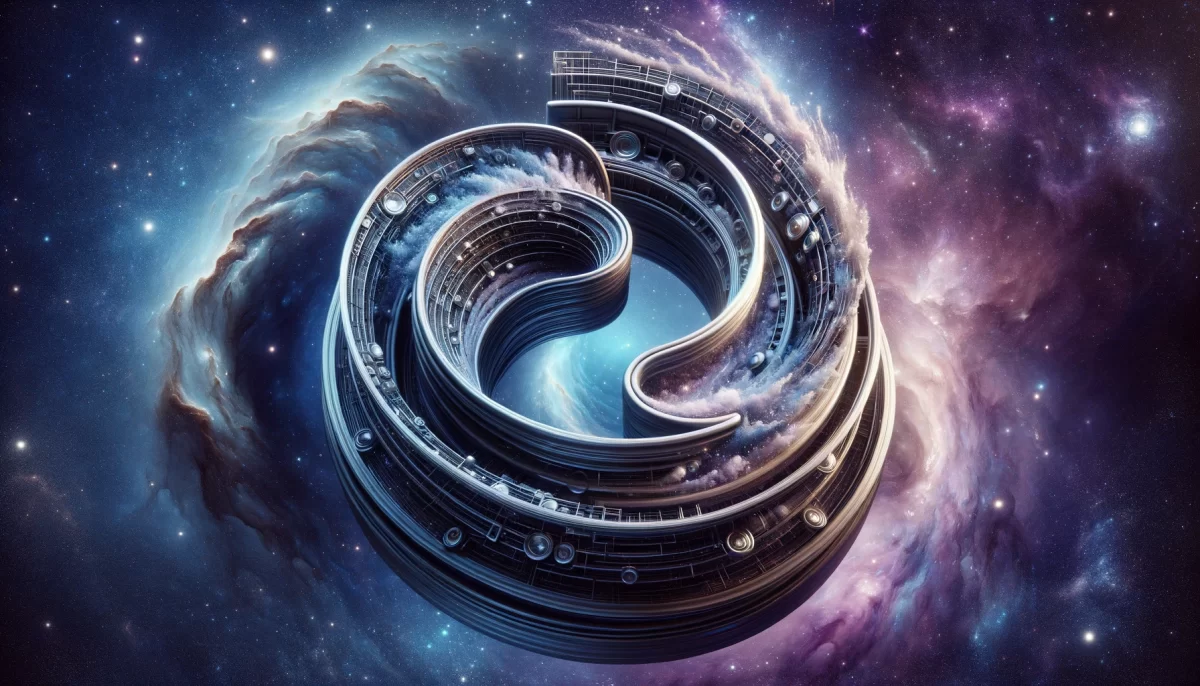

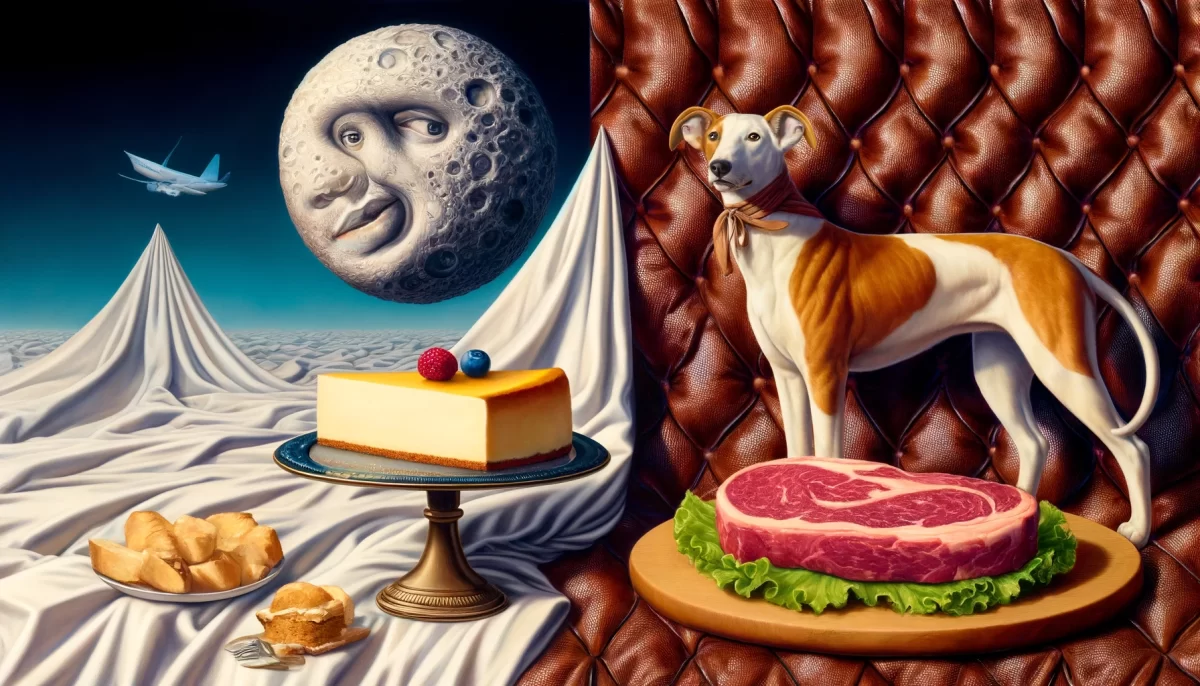

Leave a Reply